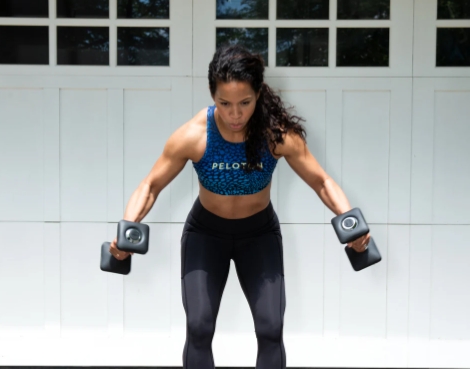When it comes to optimizing your fitness performance, the importance of staying hydrated cannot be overstated. While many people focus on their diet and exercise routines, hydration often gets overlooked. However, water plays a critical role in nearly every aspect of your physical health and fitness, from regulating body temperature to supporting muscle function and enhancing endurance. Proper hydration is essential not only for optimal performance but also for overall well-being.
Water makes up a significant portion of your body, and it’s involved in nearly every bodily function. It helps transport nutrients to your cells, flush out toxins, and maintain proper circulation. During exercise, you lose water through sweat and increased breathing rates, which can result in dehydration if not replenished. Dehydration can severely impact your ability to perform and recover from workouts, leading to fatigue, cramps, dizziness, and even more serious health issues. For anyone serious about their fitness goals, staying hydrated is non-negotiable.
One of the most important benefits of hydration is its impact on exercise performance. Water helps regulate your body temperature, which is vital when you’re pushing yourself physically. When you work out, your body heats up, and sweat helps cool it down. If you’re dehydrated, your body’s ability to cool itself is compromised, which can lead to overheating, muscle fatigue, and heat exhaustion. Staying hydrated ensures that your body can effectively manage heat during exercise, helping you maintain endurance and push through longer or more intense sessions.
Hydration also plays a significant role in muscle function. Muscles are composed of a large percentage of water, and when you’re dehydrated, your muscles are more prone to fatigue, cramps, and even strains. Proper hydration helps muscles contract and relax efficiently, leading to better performance and less risk of injury. When you’re well-hydrated, your muscles are better equipped to handle the demands of exercise, whether you’re lifting weights, running, cycling, or doing high-intensity interval training (HIIT).
Endurance is another area where hydration is key. When you’re properly hydrated, your body can sustain energy levels for longer periods. Dehydration, on the other hand, causes a drop in energy, making it harder to complete a workout and diminishing your stamina. If you’re training for long-duration activities, such as running a marathon or cycling for hours, staying hydrated is crucial for maintaining your energy and improving your performance. Even short-term dehydration can impact your ability to keep up with your fitness goals, making it harder to finish your workout or maintain the same intensity.
In addition to physical performance, hydration also plays a crucial role in recovery. After a workout, your muscles need to repair and rebuild, and water is essential in this process. Water helps transport the nutrients necessary for muscle recovery, removes waste products, and maintains joint lubrication, which reduces soreness and stiffness. By staying hydrated throughout the day, not just during exercise, you’re supporting your body’s recovery process, ensuring that you can bounce back quicker and be ready for your next workout.
The signs of dehydration are often subtle at first, but they can have a serious impact on your performance. Some common symptoms include dry mouth, fatigue, dark yellow urine, dizziness, and muscle cramps. These signs may not always be immediately noticeable, but they can lead to reduced performance and even serious health complications if left unaddressed. It’s important to stay mindful of your hydration levels before, during, and after exercise. In general, it’s recommended to drink water regularly throughout the day, not just when you’re thirsty, to maintain optimal hydration levels.
To ensure you’re drinking enough water, aim to consume water consistently throughout the day, not just during workouts. A general guideline is to drink about half of your body weight in ounces of water daily. For example, if you weigh 150 pounds, aim for around 75 ounces of water each day. This amount may vary depending on factors such as exercise intensity, climate, and individual needs. It’s also important to adjust your water intake during particularly hot weather or after intense physical activity.
In some cases, electrolytes can also play an important role in hydration. Electrolytes are minerals like sodium, potassium, and magnesium that help regulate fluid balance in the body. If you’re exercising for longer periods or engaging in intense activity, it’s important to replenish not only water but also electrolytes to maintain proper hydration. Many sports drinks or electrolyte-rich foods can help restore electrolyte balance during prolonged or intense workouts.
In conclusion, hydration is an essential element of any successful fitness regimen. Proper hydration supports your body’s ability to regulate temperature, maintain muscle function, improve endurance, and enhance recovery. Without sufficient water, your performance can suffer, and you risk dehydration-related health issues. Remember to drink water consistently throughout the day, hydrate before and after workouts, and listen to your body’s needs. Staying hydrated is one of the simplest yet most effective ways to maximize your fitness potential and achieve the results you desire.





